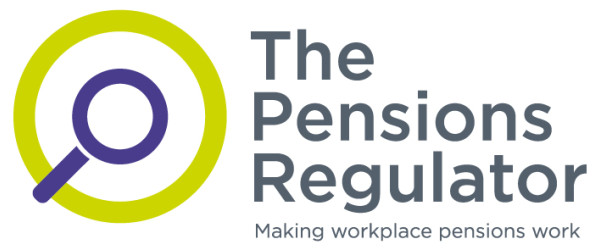- Restructurings designed to avoid the insolvency of the company; sponsoring the pension scheme;
- Borrowing to fund working capital;
- Leveraged business or asset sales.
TPR has promised guidance on what it will accept, and the criminal offences will not apply until that guidance is available. But the guidance will not provide a guaranteed safe harbour against prosecution.
It remains to be seen what approach TPR will take in the context of widespread anxiety that the risk of prosecution, and other regulatory action, could deter rescue efforts for distressed businesses.
Extra teeth for TPR investigations and data gathering
Some companies and individuals may already have experienced TPR investigations, with their power to demand information relating to a pension scheme. TPR’s right of investigation is strengthened by a new interview power - as well as additional situations when it may conduct dawn raids without a warrant. Dealmakers and lenders should be aware that they may now fall within TPR’s net.
Alongside these new powers and new duties, TPR will be backed up by a criminal offence of providing “false or misleading information”.
At the same time, TPR will be able to issue civil penalties in situations where it has been provided with false or misleading information. In these cases a lower burden of proof applies and there are potential penalties of up to £1m.
Preparing your business for the new regulatory approach
This is one of the most significant changes to the way defined benefit pensions work in the last twenty years. TPR’s powers have been updated with a fresh view of its role in how businesses and owners deal with their pension schemes.
With the new criminal offences and the new TPR powers in prospect, proper management of defined benefit pensions should be moved up the corporate agenda and acknowledged as a risk item.
Boards and general counsel will want to consider whether even internal corporate actions have relevance for the pension scheme.
Proceeding safely is not impossible though, but pensions should not be left as an afterthought in a transaction. Corporates should already be planning how they can avoid damage to the pension scheme. A key, but often overlooked aspect, is to keep and maintain an audit trail.
It can be helpful where evidence is required to show when and how there has been thought given to a pension scheme. This can be invaluable when companies need to show that there was a “reasonable excuse” and that this was considered in advance of key decisions.
For some of TPR’s civil powers, certain defences are only available if it can be shown that pensions were reviewed before proceeding.











